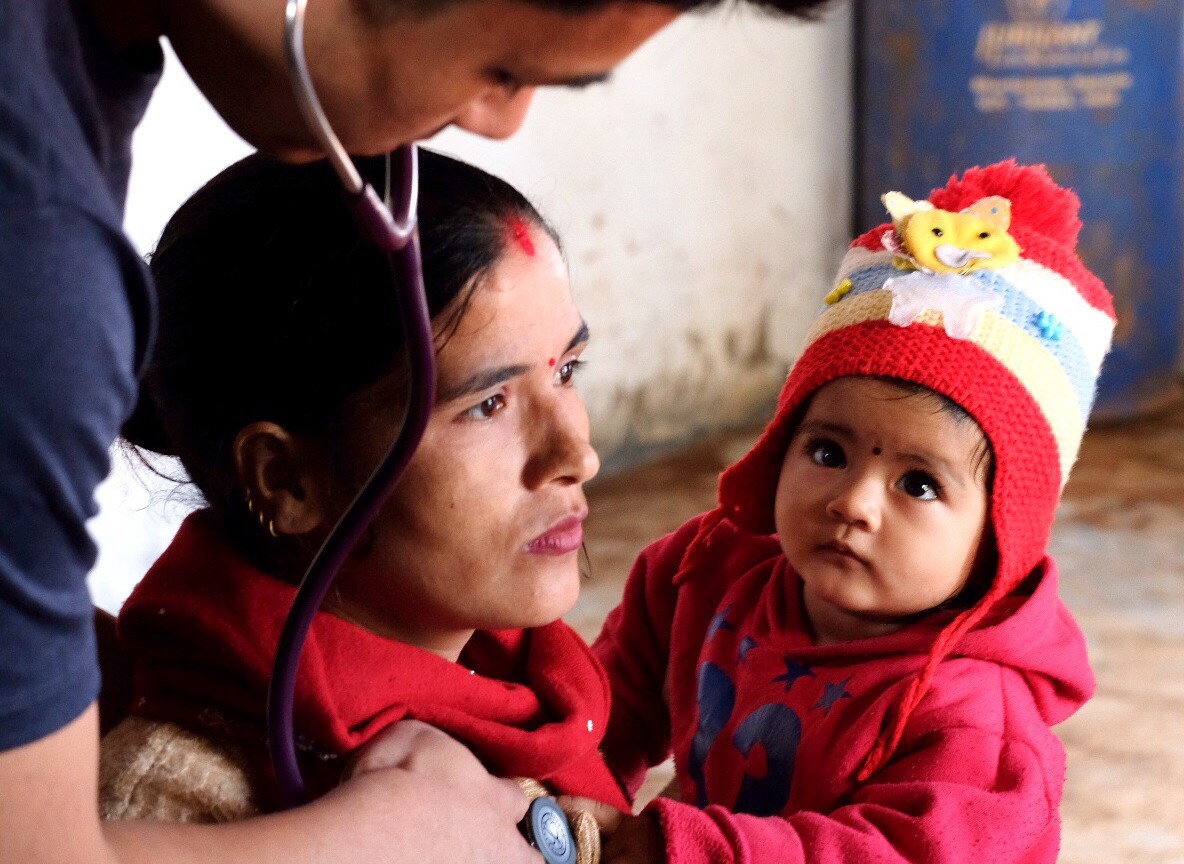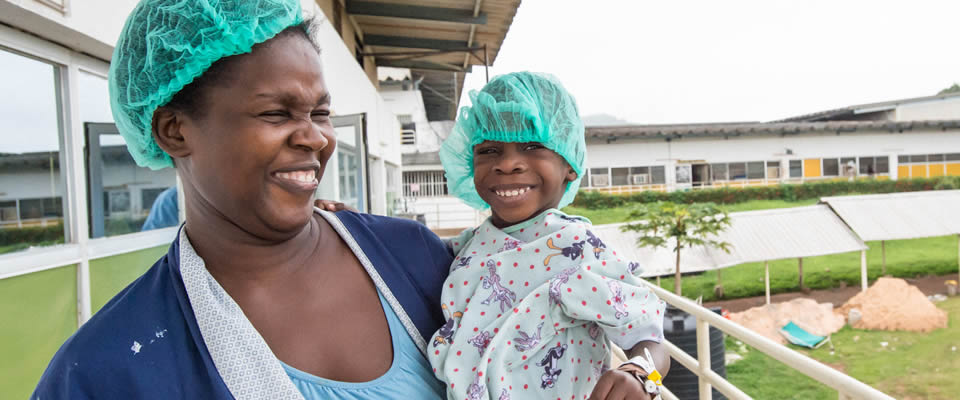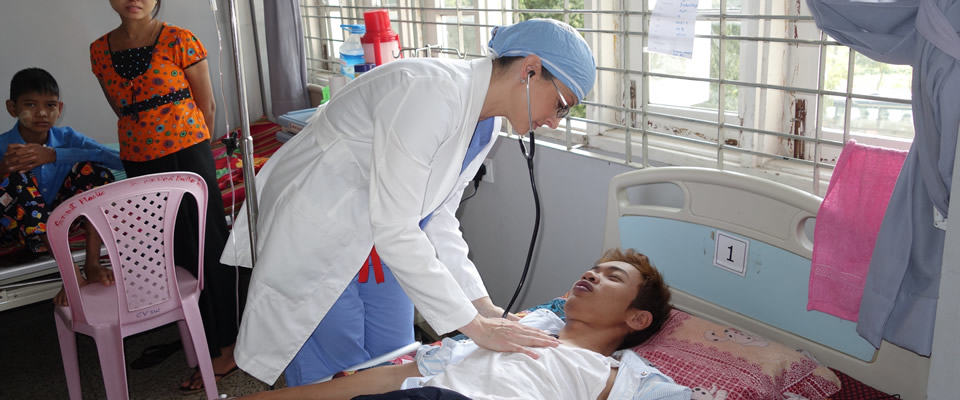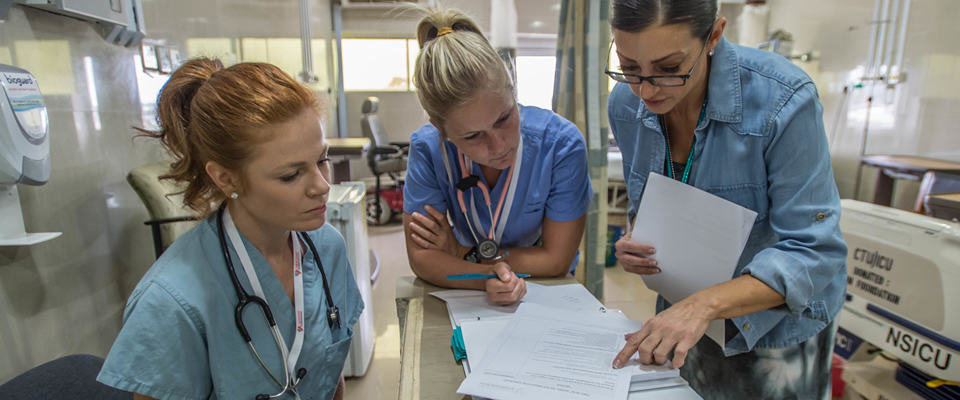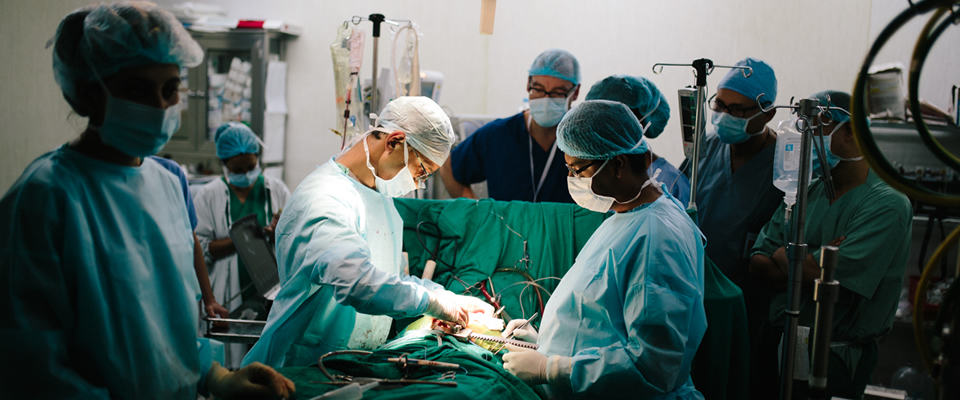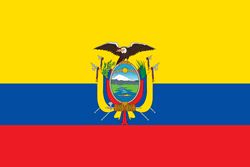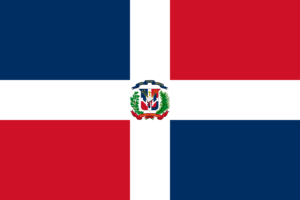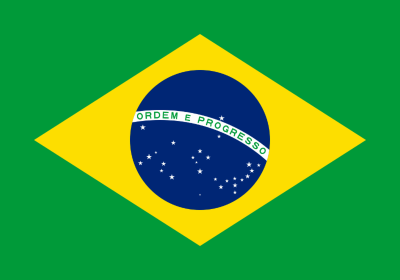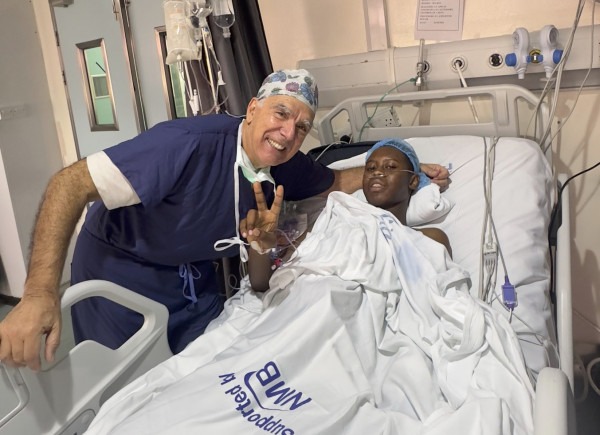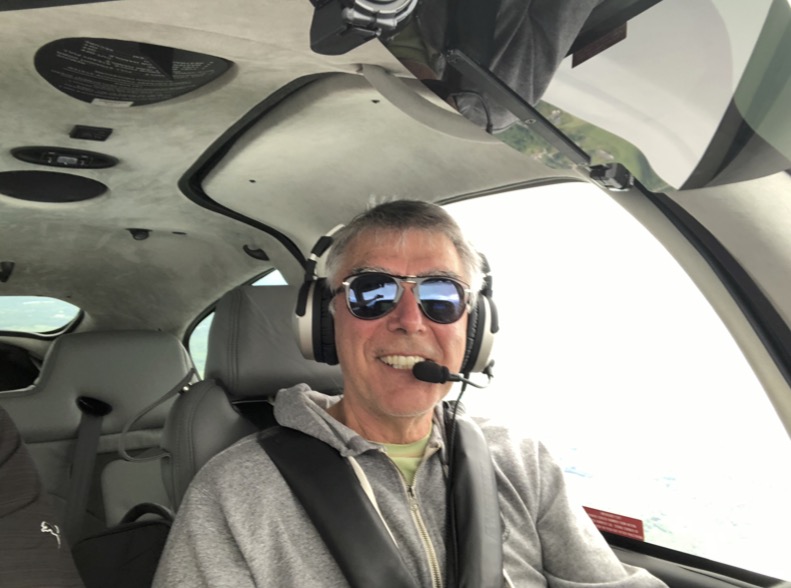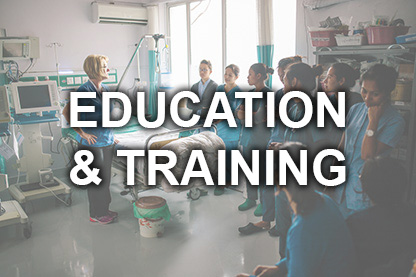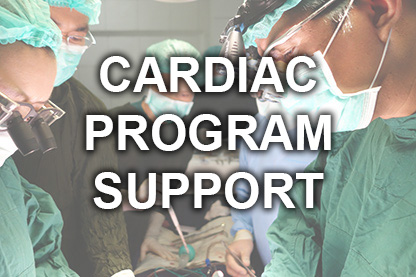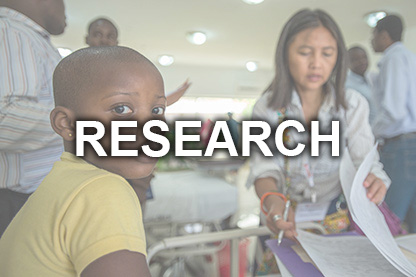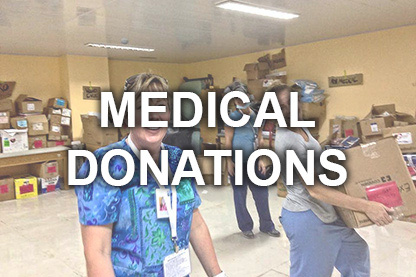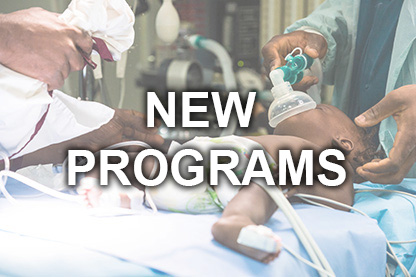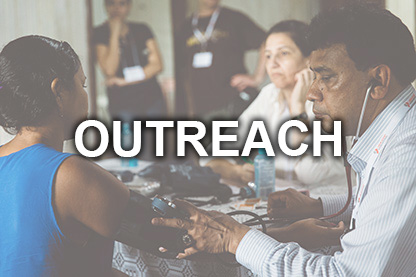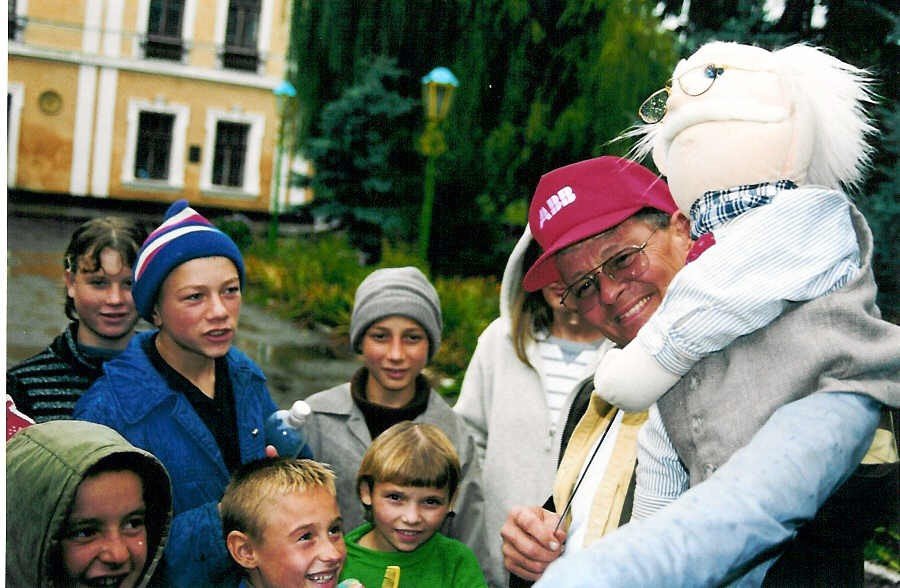Our Mission is to educate and assist local medical teams in providing heart surgery and cardiac services to adults and children in underserved regions of the world.
Our Vision is a world where access to cardiac care can be realized by everyone.
Take Action Today
We need your help in our fight against heart diseases
Upcoming Missions
Celebrating 37 Years of Global Volunteer Heart Care!
1987-2024

World Tour
- 999 Corrective Surgeries
- 57 Containers of medical supplies
- 3757 Field Patients
- 1500+ Volunteers
News Corner
Recent News
Memories Living On
As we begin a new year, it’s a time to reflect on how the past year has shaped us in our missions. Thanks to the help of our volunteers, throughout 2016 we accomplished 7 missions and over 60 successful surgeries! This year took us back to the Dominican Republic, [...]
Yves Durandy
It is with great sadness that we report the passing of a dear friend. Yves secured his PhD in medicine at the famous Université Pierre et Marie Curie (Paris VI) in 1979. Following this he had medical and perfusion-related experience in many prestigious French hospitals. He conducted pioneering technical advances [...]
Blog
Mission Report: Nepal, April 2018
In April 2018, CardioStart International returned for a sixth time to the country of Nepal and for a third time to the Human Organ Transplant Center (HOTC) in the historical city of Bhaktapur. CardioStart volunteers were organized into 2 teams: a surgery team that stayed in Bhaktapur to perform cardiovascular surgeries and a medical outreach team that ventured out into underserved rural areas to provide heart screenings with a focus on rheumatic heart disease (RHD) education.
Guayaquil, Ecuador Mission Report: March 17-29th, 2018
On this occasion, CardioStart’s International mission team made a return visit to the Hospital del Nino Dr. Francisco de Icaza Bustamante in Guayaquil, Ecuador on invitation by the Fundacion El Cielo Para Los Ninos del Ecuador. This was designated as a two-week mission, but administrative hold-ups with documentation and Ministry approval it was only able for the patients to be assessed during the second week. Accordingly, only a few cases could be undertaken. Three of the cases were emergency presentations and it was felt by both teams that these patients would shortly die without an attempt to resolve their presentation surgically.
